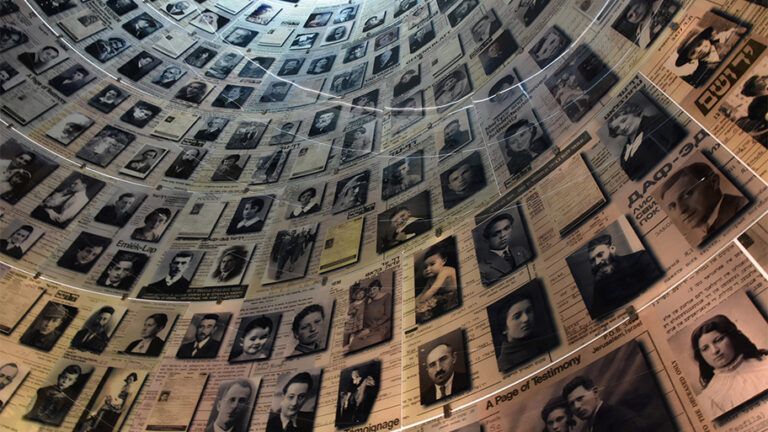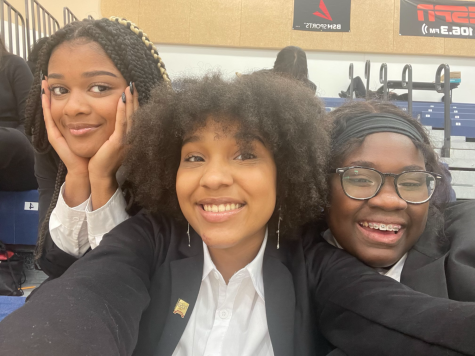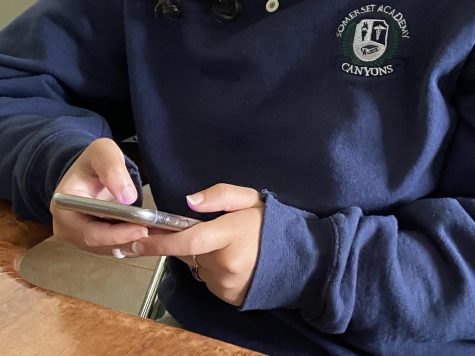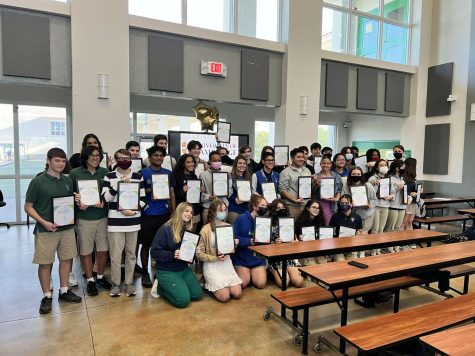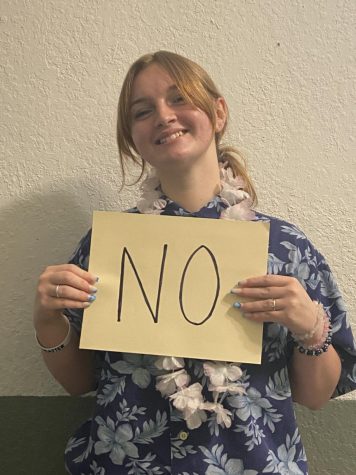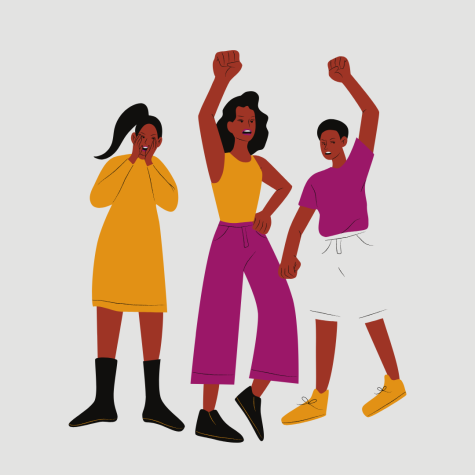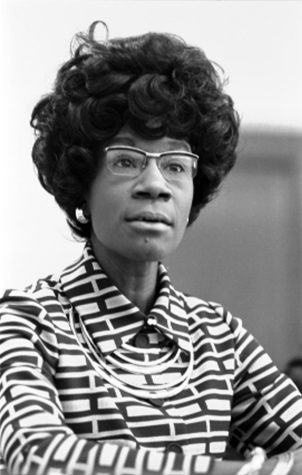International Holocaust Remembrance Day
March 3, 2020
International Holocaust Remembrance Day was on January 27. The Holocaust ,which occurred during the Second World War, was conducted by Adolf Hitler and the Nazi regime. This genocide took the lives of 6 million Jewish individuals and 11 million others. This day is observed in remembrance of the liberation of the last Nazi concentration camp of Auschwitz-Birkenau and the end of the Holocaust.
On January 27, 1945, Auschwitz-Birkenau, located in southern Poland, was liberated by the Red Army. It is estimated that 1.3 million people were sent to Auschwitz between 1940 and 1945, and at least 1.1 million people were slaughtered. Those in Auschwitz were evacuated by Nazis in the winter of 1944-1945, and sent to other concentration camps such as those of Buchenwald and Mauthausen. Those who were left in the Monowitz hospital and the rest of the camp were released.
A memorial site has been located at the former Auschwitz concentration camp ever since its opening in 1947, and The site covers 472 acres of land and receives more than 2 million visitors per year. A state museum and memorial are located on the site as well.
The first commemoration ceremony for the Holocaust was on January 27, 2006, at the UN Headquarters in New York City. Around 2,200 people attended. Since 2010, the UN has designated specific themes for commemorations each year. In 2010, the theme revolved around Holocaust survivors and the lessons they have for future generations. In 2011, the theme was the experiences of women. In 2012, the theme was “Children and the Holocaust.” The 2013 theme was centered on individuals who risked their lives to save others in the Holocaust. In 2014, the central idea was the journeys through the Holocaust. The 2015 theme focused on how experiences of the Holocaust shaped the founding of the UN. In 2016, the theme explored the UN and the Universal Declaration of Human Rights’ connection to the Holocaust. The theme in 2017 was education about the Holocaust and its ability to build respect for human rights, increasing tolerance, and defending our common humanity. 2018’s theme was education of the Holocaust and our shared responsibility. The theme in 2019 was defending human rights, and in 2020 it revolved around standing together as one.
